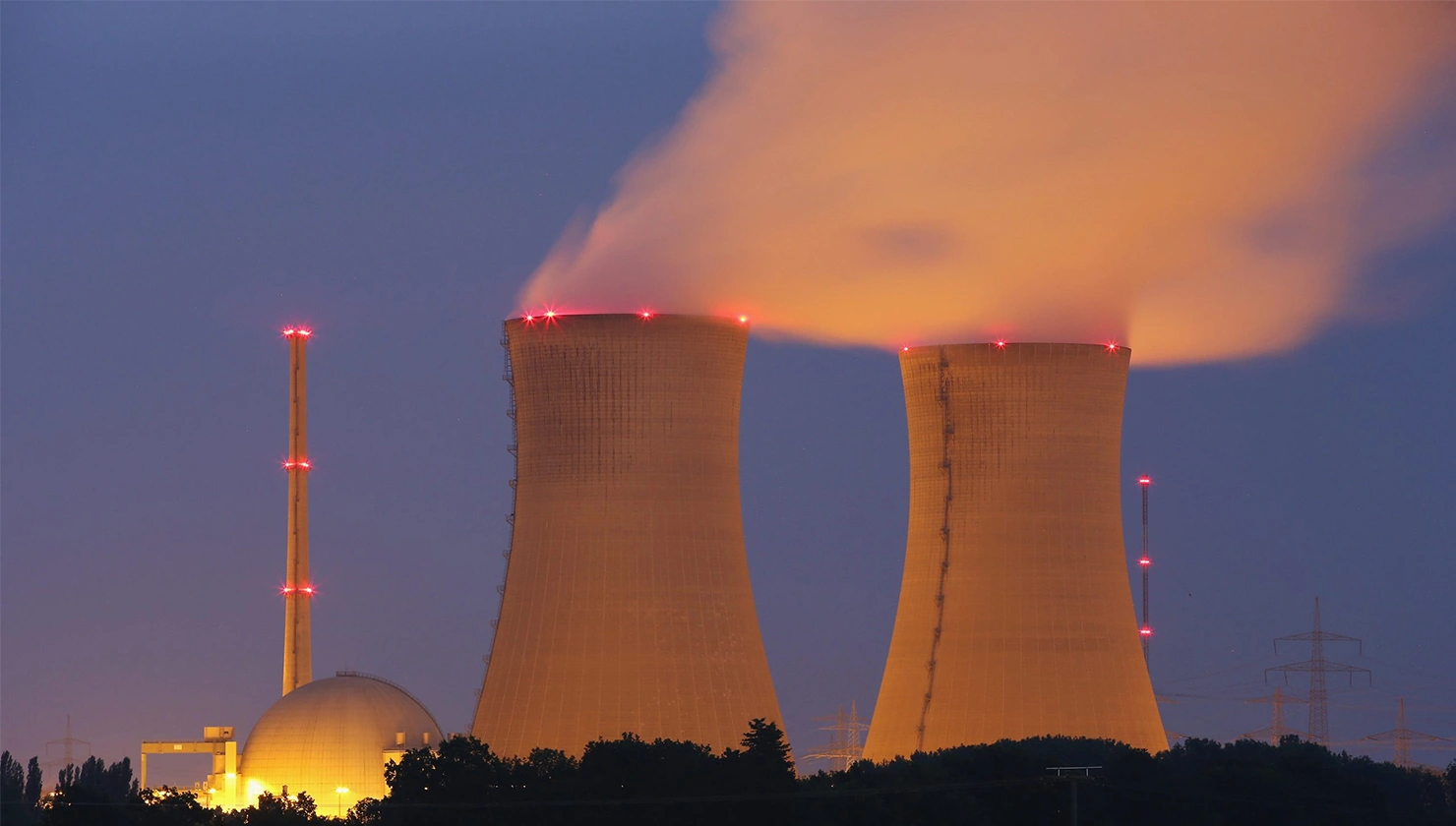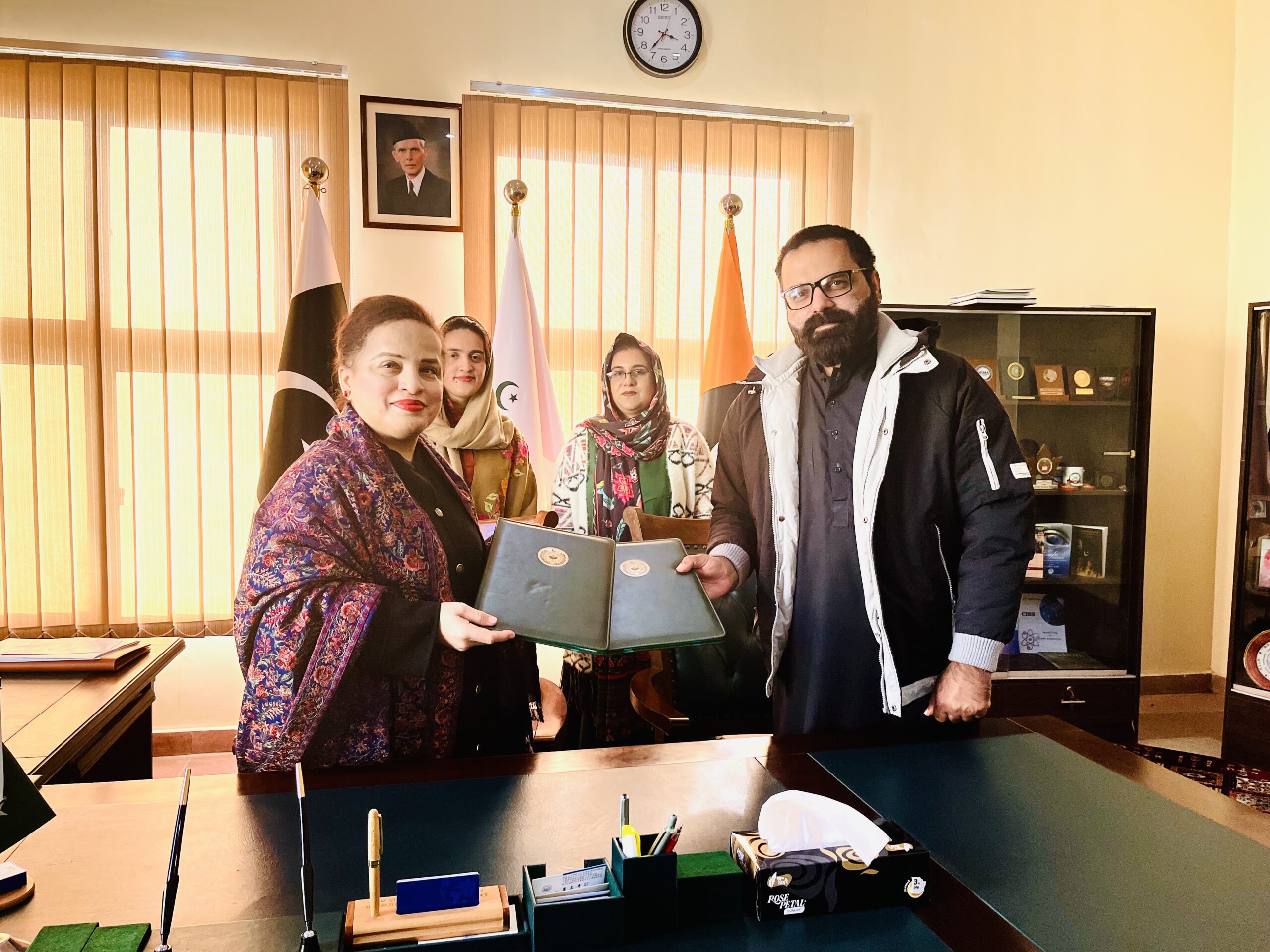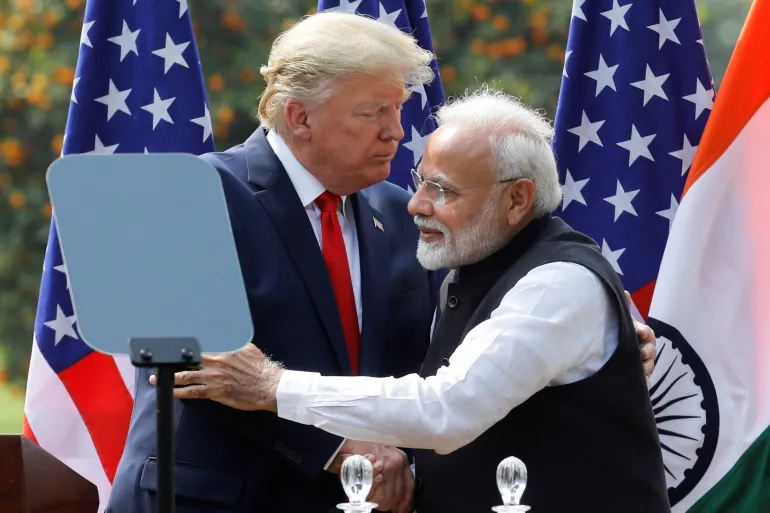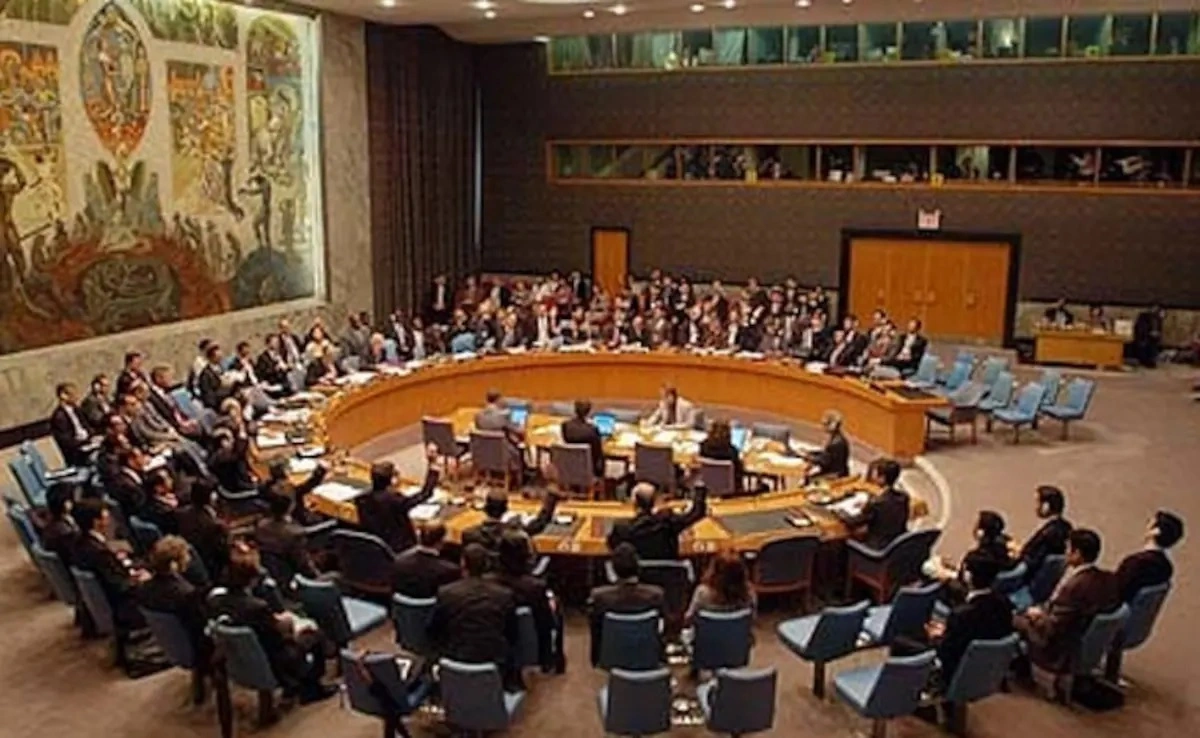The necessity to replace energy sources with cleaner and sustainable energy sources is a very crucial issue to the world as it tackles the increasing energy demands and climate change. With its new nuclear policy, the World Bank gives the developing countries a chance to utilize nuclear power to generate sustainable growth. To Pakistan, this begs a critical question; how can this global policy change be used to make this a real opportunity in clean, reliable and affordable energy? This op-ed discusses the actionable measures that can be taken by Pakistan in order to take advantage of this change. The world is facing a growing energy crisis. Countries need more power but with cleaner energy sources and stronger energy security. Many countries are considering nuclear energy because it is a relatively stable option.
The World Bank Group (WBG) has recently lifted its ten-year old ban on financing nuclear projects. The last time it supported a nuclear plant was in 1959. This policy shift has opened new avenues for developing countries like Pakistan that are struggling with energy shortages and high fuel costs. Right after the decision, the WBG signed an agreement with the International Atomic Energy Agency with the goal to help developing countries to incorporate nuclear energy in their national energy policies. This agreement is also aligned with the global commitment made at the Dubai 2023 Climate Summit to triple nuclear capacity by 2050.
It is worth noticing that the reversal policy of Germany regarding nuclear power played a big role in this decision. Germany has strongly opposed nuclear power for years. But now it supports nuclear energy both in Europe and globally. Once Germany’s opposition ended, the World Bank had no major reason left to not support nuclear financing. The World Bank Group has five main branches with one being the International Bank of Reconstruction and Development, also known as IBRD, the International Financial Corporation, also known as IFC, and the Multilateral Investment Guarantee Agency, also known as MIGA. Collectively these institutions offer loans, technical support as well as insurance of risks in large energy projects. The new policy will ensure that the IAEA provides advice on nuclear safety and assists in the application of new technologies like the Small Modular Reactor.
First, Pakistan needs to keep using the IAEA Milestones Approach that guarantees that all nuclear projects are able to comply with the international standards of safety, security and environmental safety. A full transparency should be led by the Pakistan Nuclear Regulatory Authority (PNRA). These standards will not be tricky to achieve since the IAEA has already praised the peaceful nuclear programme in Pakistan.
Second, the Pakistan Atomic Energy Commission (PAEC) is supposed to develop an effective action plan, which would ensure the expansion of nuclear energy is aligned to the climate and clean energy objectives of Pakistan. This plan should be included in the World Bank Country Partnership Framework in order to be able to easily obtain financial and technical assistance.
Third, Pakistan needs to collaborate with the IFC and MIGA in order to obtain risk insurance, blended financing, and technical assistance. It can also be a beneficiary of Climate Investment Funds, regional clean energy programs, and development banks including Asian Infrastructure Investment Bank and Asian Development Bank which now incorporate nuclear energy in their sustainability programs.
Fourth, the government must involve the young researchers and engineers in the nuclear energy policy and planning. Their innovative thinking and technical expertise can be used to make smarter, more sustainable and future oriented projects.
By seizing this opportunity, Pakistan can, not only address its energy shortages but also reduce reliance on fossil fuels, lower carbon emissions, and strengthen energy security. Strategic collaboration with global institutions and adherence to international safety standards will enable Pakistan to emerge as a model for sustainable nuclear energy in the region. With careful planning and investment, the Pakistan can transform this policy shift into a sustainable energy revolution for generations to come.
The views expressed in this article are the author’s own. They do not necessarily reflect the editorial policy of the South Asia Times.



![Prime Minister Narendra Modi with External Affairs Minister S. Jaishankar at an official event. [Photo Courtesy: Praveen Jain via The Print].](https://southasiatimes.org/wp-content/uploads/2026/02/20-scaled-e1755601883425-1024x576-1.webp)



